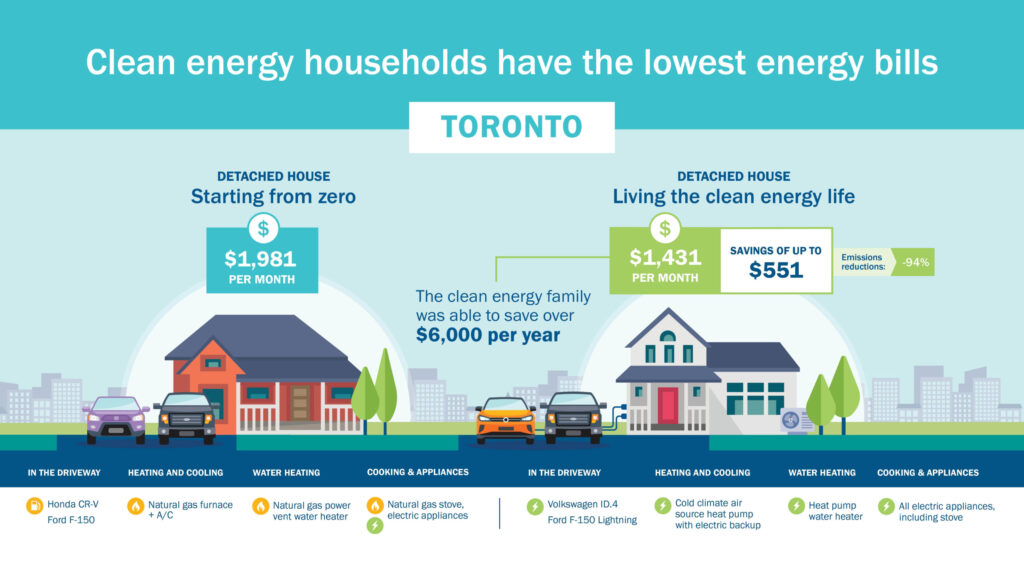
Support Public Health and Oppose Bill 5 Rally – July 22, 2025

The Council of Confederation Summit, involving provincial Premiers and territorial leaders, is being held from Monday, July 21 to Wednesday, July 23 at Deerhurst Resort. Prime Minister Carney will attend on Tuesday, July 22. Simultaneously, Canadian Health Coalitions will hold a Shadow Summit at Hidden Valley Resort in support of public health care in Canada. On Tuesday, they will rally with a car cavalcade along Hwy 60 and through Huntsville from 12-2:30 p.m.
To show our support for the Health Coalitions and bring attention to our opposition to Bill 5, On Tuesday July 22 Climate Action Muskoka will gather at the Staples/LCBO parking lot at the intersection of Hwy 60 and King William St. in Huntsville from 12:30 to 1:30 with signs linking these two crucial issues (e.g. Kill Bill 5 not Public Health Care, Health Care not Highways, etc.).
This is an exciting opportunity to take meaningful action in our Parry Sound Muskoka riding. If you are planning to participate, please notify Garry at garrysandyt@gmail.com or simply come out and show your support that afternoon. Bring a sign with YOUR message to our political leaders. We hope to see you there.
How to protect nature in Muskoka when there are governments promoting ‘environmental stewardship’ while approving ‘shoreline-altering developments’.

By Bet Smith.
Now that Muskoka’s silly season is in full throttle, it can seem that overdevelopment is everywhere. 😱 What to do?! Bet takes us through the important mission of the Muskoka Watershed Council, what Integrated Watershed Management means and how even very busy folks can participate.
Ontario’s Costly Nuclear Folly
June 2, 2025 – David Robertson – Canadian Dimension
Did you know we Ontarians are still paying for the province’s last foray into building nuclear power? In 2050, Ontario will still be paying the debt of the nuclear program of the 1970s and 80s.
Now the province has pushed nuclear onto the fast track again, planning the largest expansion of the nuclear industry in Canada’s history — all while pushing clean, cost-effective, and safe renewables to the sidelines.
The last time the nuclear industry got its way in Ontario, Ontario Hydro spent over two decades building 20 nuclear reactors. It was a mash-up of missed deadlines, cost overruns and a pattern of declining nuclear performance. Even more troubling, the last generation of nuclear reactors forced Ontario Hydro to the edge of bankruptcy and saddled the province with a mountain of nuclear debt.
This research article by David Robertson for Canadian Dimension is an important, informative and clearly communicated read. It is well worth its 15 minute reading time.
And The Good News Is
Agrivoltaics: This Alberta solar field is becoming a high-tech hobby farm on the side
This summer, a solar field in Alberta will not only be generating about 40 megawatts of electricity each sunny day but also producing eggs, honey, meat and wool.
There are 110,000 solar panels on the 130 hectares of land, in addition to about 400 sheep, 40 pigs and 100 chickens. The bees are arriving soon. — Read story.
Cities Taking Action: Santiago, Chile Is Electrifying City Buses | Corporate Knights
May 27, 2025 – John Lorinc
Santiago, Chile now has 1,800 electric buses, up from just two in 2017. By contrast, the Toronto Transit Commission has just 400 in operation.
Santiago’s transit agency says it will have 4,400 e-buses by next year. That would make it the second-largest e-bus operator in the world, outside China. Find out how they did it. By Jon Lorinc for Corporate Knights.
Read article
U of G Divests From Fossil Fuels

The University of Guelph has completed its divestment from fossil fuel companies in its endowment portfolio, fulfilling a five-year, fossil-free divestment goal that began in April 2020.
Meeting the target date of early 2025, the Board of Governors has divested all of U of G’s endowment assets from companies that hold fossil fuel reserves.
The divestment aligns with the University’s ongoing commitment to long-term carbon reduction targets and to its environmental, social and governance (ESG) guidelines, which are embedded in its investment policies and practices. As a signatory to the United Nations Principles for Responsible Investment, U of G continues to set net-zero targets in line with the institution’s overall strategic plan, the Climate Charter and the Paris Agreement.
More Good News
Read our Biweekly Newsletter -> Here


A household in Toronto that replaces gas-powered vehicles with equivalent electric versions, installs a heat pump, forgoes natural gas appliances and makes a few other energy efficiency upgrades could save $550 per month. That’s $6,600 per year.


